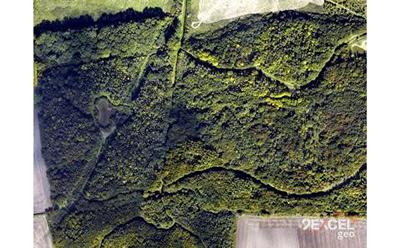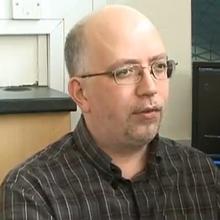Collaboration project to improve high resolution Earth Observation imagery

2Excel, a specialist remote sensing technology provider, has partnered with experts from the school of Mathematical Sciences to improve high resolution Earth Observation imagery by removing the impact of cloud shadows. Cloud shadows result in data being discarded or processed separately, increasing the time and cost of the data analysis exercise that enables the building of accurate predictive models for forestry and environmental monitoring.
SPRINT (SPace Research and Innovation Network for Technology) is a unique partnership of top UK Space universities, industry, government agencies and the investment community dedicated to supporting the growth of small to medium enterprises (SMEs) in the UK through the commercial exploitation of space data and technologies. They are funding the project with a £4.8 million grant, supporting 2Excel geo’s development of a new application that will supply detailed airborne data to a range of industries including agriculture, conservation, risk management, ecology, landscape management and water quality.
Our mathematical sciences academics will use their expertise in numerical optimisation and quantitative remote sensing to develop a technique that will reliably and accurately remove the impact of cloud shadows from high resolution Earth Observation imagery, reducing recollection costs and improving product quality for 2Excel geo’s customers.
Professor Jörg Fliege, Head of Operational Research within Mathematical Sciences at the University of Southampton said “2Excel geo were faced with a ‘best guess what’s under the cloud cover’ challenge and so, through the SPRINT programme, we’re able to help them with this by offering image analysis, optimisation and high performance computation. The University of Southampton has one of the largest research groups in operational research in the country and our mathematical modelling expertise is a tremendous asset for this particular project.”
Read the full article on the main news section.
